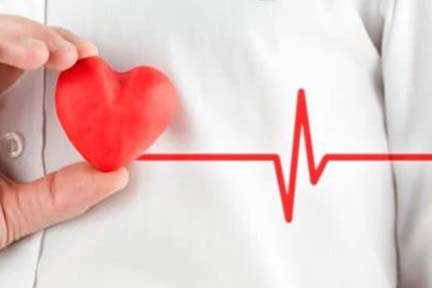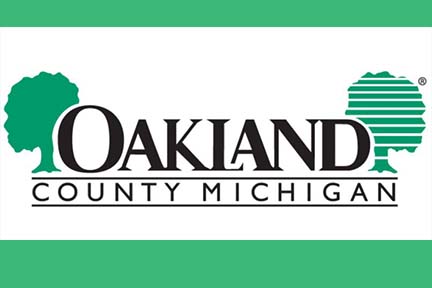
MIHealthyLife will strengthen health care coverage

Press Release FOR IMMEDIATE RELEASE: July 29, 2022 CONTACT: Bob Wheaton, 517-241-2112, WheatonB@ MIHealthyLife will strengthen health care coverage for Michiganders MDHHS wants to hear from the public on improving Medicaid prior to LANSING, Mich. – The Michigan Department of Health and Human Services (MDHHS) is announcing MIHealthyLife, an initiative to strengthen Medicaid coverage by seeking public input as the department rebids its Medicaid health plan contracts. “Under the banner of MIHealthyLife, MDHHS seeks to bring together the investment, creativity and commitment of the department and its partners – including health plans, providers and communities – to create a more equitable, coordinated and person-centered system of care dedicated to ensuring Michiganders a healthier future,” said MDHHS Director Elizabeth Hertel. Medicaid and the Healthy Michigan Plan provide health care coverage to approximately 2.2 million Michiganders, including low-income adults, children, pregnant women, elderly adults and people with disabilities. These plans are key to achieving the MDHHS mission to improve the health, safety and prosperity of residents. Through this online survey, MDHHS hopes to receive input from people currently enrolled in Medicaid and their families; advocacy groups; community-based organizations; federally recognized Michigan Indian tribes; providers of health care, behavioral health, dental care and other providers; health systems; health plans and other interested parties to identify opportunities for innovation and improvement in the services and supports provided by the Medicaid health plans. Survey questions seek feedback on broad priorities or strategic pillars – which are principles that will guide the state’s policy and program areas to assist in determining where the state should focus its efforts. Examples of pillars include giving all children a healthy start, reducing racial and ethnic health disparities and using data to drive outcomes. Feedback will help guide planning and decision-making in preparation for the implementation of new Medicaid health plan contracts, as well as other MDHHS efforts to improve the health of residents served by the programs. Survey responses must be submitted through the online survey, no later than 5 p.m., Aug. 26. For more information, visit MIHealthyLife. All procurement-related questions can be sent to mdhhs-mihealthylife@michigan. |





